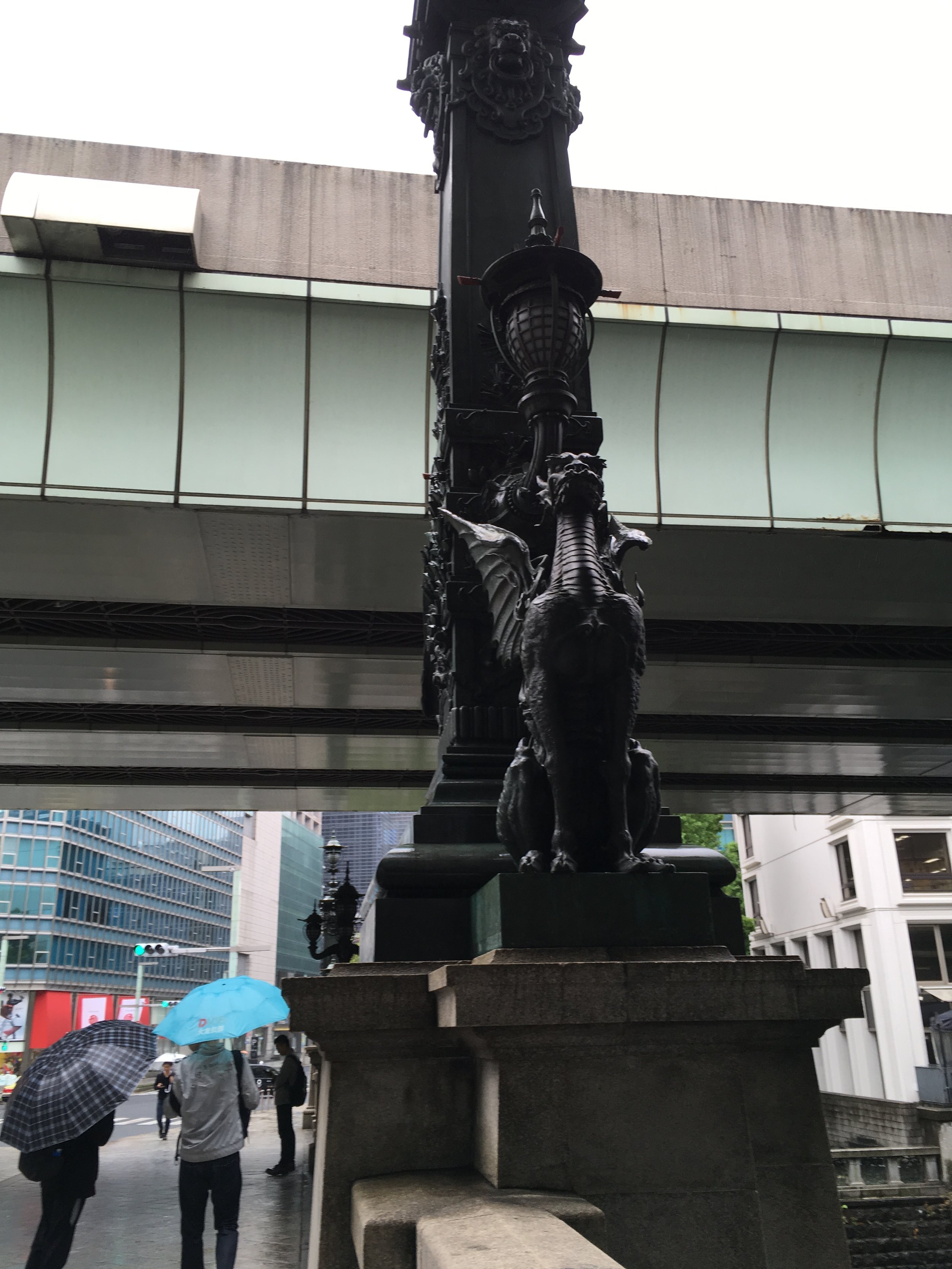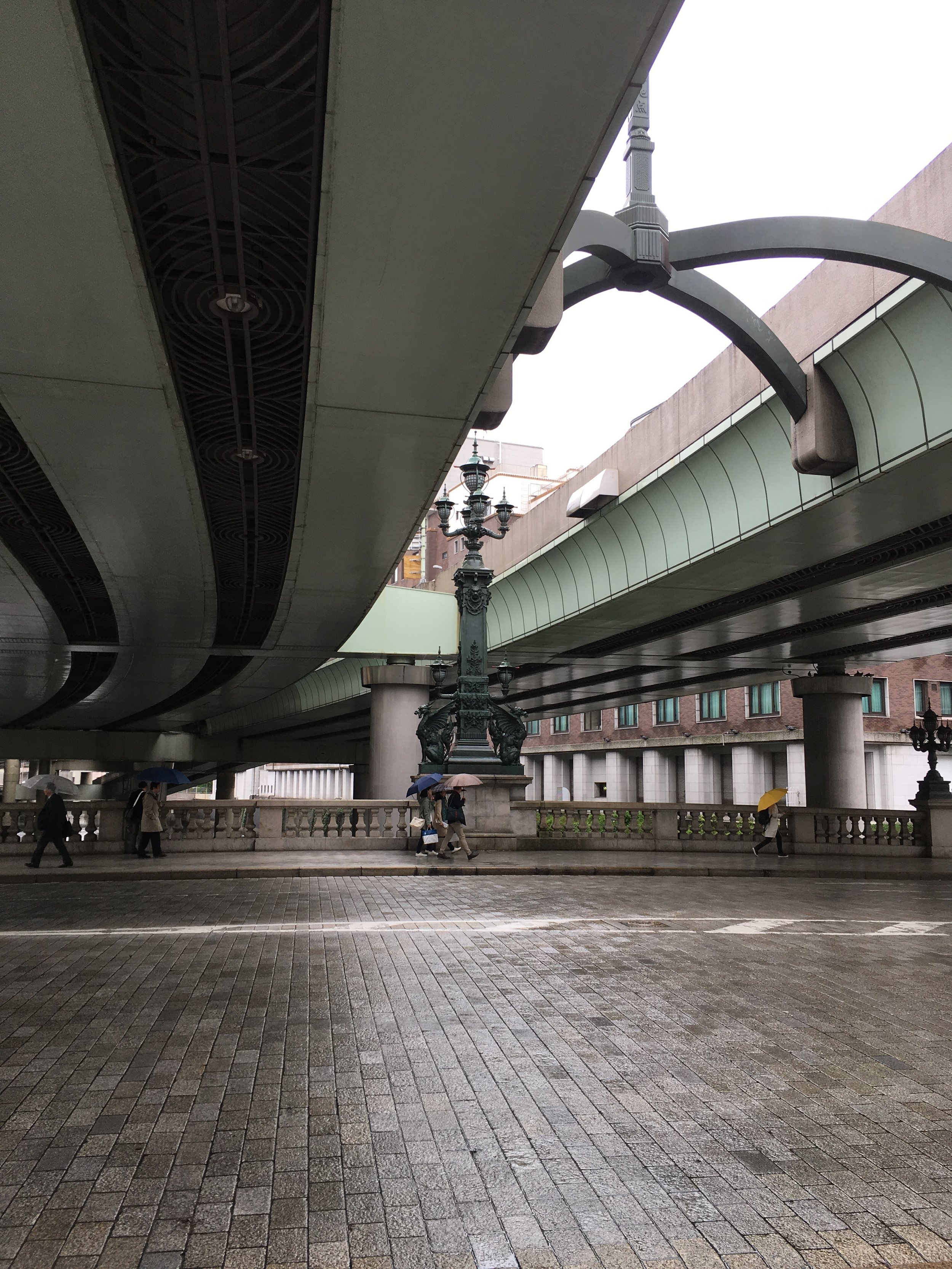The backpack selection in Japan was just way way better. I want to go back. Get yee to a Tokyu Hands stat.
Thoughts and quotes from watching Lost In Translation
Life is awkward
I hope all these mental health podcasts are better than whatever Charlotte is listening to
Not loving the sweater vests
Leopard print
No hospital visits this time
Fax machines
How long have you been here? I couldn’t say.
How are they always at Shibuya Crossing?
May I be able to sleep when I get back
Killing time
Are you awake?
Does anyone know what’s happening?
Does it get easier?
I just don’t know what I’m supposed to be
Every girl goes through a photography phase
Keep writing
It’s scary
Nobody ever tells you that
The mountain in the distance
Which way is Mt Fuji?
The Maples look great. I miss taking those pictures
White pants
White paper
Kyoto is lovely
May you find your way. May you find yourself. May you enjoy the journey.
Onsen onsen onsen
Daikanyama is hip
I can’t tell the difference
Judgmental glare
I thought I’d missed you
Looks of sadness and longing
Cabs
Hey
To be seen
To be close to somebody
To have Phoenix songs play in the background of our lostness
Friends you get for a moment. This one transitory moment. It will never be like this again. You won’t be back round this way.
Glico flashes neon wishes
Can’t sleep
Rhitracing
Being back in Tokyo I have the funny feeling of retracing my steps, familiarity, revisiting and accidentally looping back
Shibuya again
Here I sit in Shibuya not far from where I went at the beginning of this trip. I have crossed that crossing amongst the masses myriad times. I have yet to be robbed.
The main thing I misplaced was hostel keys. This is unsurprising.
I packed the wrong things. I was awkward at times. I have been tired, as ever reminded that my body is not as it once was and that it’s limits are always there awaiting me, reminding me that I am finite and fragile.
I worry about how I am going to travel in the future, but overall I feel good. As good as I can possibly hope for.
That anxiety and fear is gone. I am safe, this is nice, I am enjoying it. I settle into things.
I also have nothing much to steal. Enough to buy a 7/11 dinner and transit fare to the airport.
The main thing to worry about now is my flight. I check the time over and over in the hope that the triplicate events in my phone (generated by some sort of email thing not me) are in fact real and right, that I am not as ever messing up and getting the details wrong. Something to work on. Trusting myself, trusting that things will work out, that I can be safe and okay.
I am content. I am here in this moment. Savouring what remains.
Sacred rivers
Some notes/thoughts probably for a draft of one of my assignments:
A way of marking where we’ve been and where we’re going
To see that things do not have to be as hey are, they can be different
Memories and moments, materials and textures.
To hear the rush of a river that others hold sacred
Blessing for a new era
It is a new era in Japan today, an exciting time to be in this country. We have walked past lines at shrines and it has gotten me thinking about the way we mark changes. Endings. Beginnings. The new year. The new era. Look forward to the future with hope and possibility. Ready or not here we come.
So I have been strolling the hills of Tokyo and thinking of my blessing for a new era, in the style of Harry Potter and the Sacred Text. I don’t know how or if this is a thing people would do in Japan but I think the sentiment in enough. I go to the shrine by my hostel and stand in awe and hope that maybe the health will rub off on me.
I write this on a stoop as rain falls softly beside me. I am content. My body is tired, the good kind from lots of walking. My wrist aches, the bad kind of pain that scares me and makes me wonder about whether I can do things I care about. My sleeves are rolled up slightly and I am excited to spend the night reading a book that fills me with delight.
So a blessing for the new era:
May I be kind and patient. May others be kind and patient with me.
May we take care of each other. May we think more of beauty and joy and less of money. May we put well-being first and foremost.
May we remember that no matter how many iThings we create we are still merely creatures, that our lives and bodies are fragile and precarious.
May I remember to enjoy what I have while I have it. May I remember to enjoy the people who are in my life while I have them.
May I be wise enough to ask for help. May that help be available when I ask for it.
Zero
When we did the Trans Siberian we started in Beijin and worked our way towards Moscow. Awaiting us at the end of our journey was a monument, the zero marker for the route to Vladivostok. In our trusty Lonely Planet everything was organized from there. We often worked in reverse, going towards instead of away from zero.
Today I begin at zero, we begin at zero. Our journey through this city, the past, the future. Through choices and paths, myths and monuments. We begin at zero and work our way outwards.
Coming and going. Time feels circular. Big dominant cities tend to do things the same.
How do we measure a journey? A city? A place? Where does the kilometre market on the road sign actually measure to?
Nihobashi in Tokyo
Shibuya crossed
I am glad that it’s a Sunday morning. It feels tame yet it’s still crowded and stressful. I want to disappear down a side street, find a cafe to read at, I don’t really want to be here.
I am worried about pickpockets, about all the ways I might fuck up and ended up having to spend money I don’t have. That voice was so loud before I left, louder than the excitement I was expectantly asked to feel. I was excited but my brain was more preoccupied with the feeling that I’d mess up in some unfixable way and never recover. The same feeling that drives my anxiety dreams about forgetting to do an assignment and then flunking out of my MLA because of it.
The silly thing is that I am very comfortable traveling. I have done it a lot and there are few things that feel as natural and easy.
I am good. I am content. My brain is tired and it really just wants to go somewhere cozy to listen to John Green’s voice as he examines and rates the world I inhabit in a way that makes me swoon at the beauty of stories and words, in a way that reminds me of how I got to be this particular person doing this set of things. Always the love of words and ideas and stories. Always.
It’s early. I wandered the quiet streets of Tokyo and enjoyed the narrow alleys, vending machines and buildings. Was thrilled to discover an unremarkable park filled with people exercising and doing their morning routines. I watch water flow in a wide river that tries to contain and mask it.
I rode trains, beautiful, wonderful trains.
I was distraught to find that the pastry I ate for breakfast every morning the last time I was in Japan (yes EVERY morning) is no longer available. While mourning the loss of a treasured routine I tried a different pastry from 7/11 and was pleasantly satisfied.
Now I am here in Shibuya waiting for things to open, feeling tired. I came here because I’d like to buy a toque, because somehow I am always cold. I thought it was spring so I didn’t pack one. I don’t know if it’s worth it, or if I have enough cash in my wallet to buy one — an unfortunate oversight.
I remember liking a couple of design stores out here last time. I remember enjoying it.
I wait for things to open, I wait for the city and myself to wake up.
Small Japanese objects
Over the winter holidays my mother bought a book called The Hare with the Amber Eyes. The cover didn’t look particularly striking — it is good but not buy me good — so I didn’t really take note of it until she insisted that I read it, and after her good recommendation/pushiness on reading The Curious Incident of the Dog in the Night I thought why not. Why not indeed.
At first the book appears to be about some small Japanese objects that de Waal inherits from his uncle. Then it becomes about so much more. The inheritance is traced back to the roots of de Waal’s family, a group of wealthy Russian Jewish bankers that spread throughout Europe. They enjoy their hay day, then they decline a little, then they are caught in the tragedy of Nazism.
de Waal is a potter by training and clearly has a high appreciation for objects. This is not just about the objects, otherwise it would be about art history, but about his family, and why these particular objects are so important. It is about his ancestors and why people cherish objects.
Reading it reminds me of the feeling I had while in the Scottish highlands, and learning about the clearings and conditions of every day people. Many of them left for the new world because of that and that is my inheritance. I live where I do because events long (or not so long) ago took place. de Waal is keenly aware of how his ancestors have shaped his family history and how different events led them to where they are today.
More so than that the book is a fascinating story, first of nineteenth century Paris, then the first world war and the great depression, then the overwhelming sadness of lives ripped apart by the Nazi genocide and the family members who didn’t manage to make it out, the ones who just barely did, then a move to Japan and a beloved ancestor and his collection of objects, which are really a collection of memories and the heritage of a once great Jewish banking family.
de Waal is gifted with words, and could easily give up pottery if he wanted to. This is the best non-fiction I’ve read since Maya Angelou. de Waal makes things simple but yet so meaningful. He carefully chooses words and adjectives. It is objective, but also personal. How could it be any other way?
“Tokyo can be very quiet. I once sat waiting for them to come home, sitting on the low green railing opposite, and in an hour only two old ladies came past and a hopeful yellow taxi.”
It works because the taxi is hopeful. What a perfectly chosen word. He leaves you with a feeling of the simplicity of everyday life, of details, of objects but also with a greater thread of how complex the world can be. There is more than meets the eye. There are broader questions at hand.
This book is sheer magic. I read it in about two days. I was left with no choice but to keep reading.

